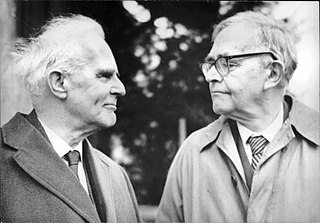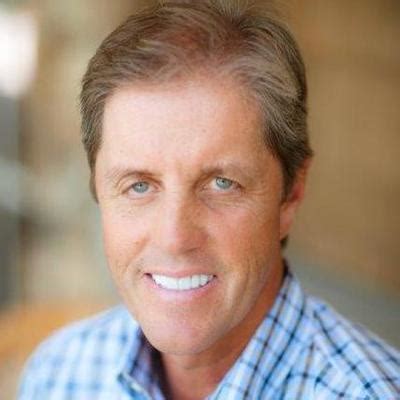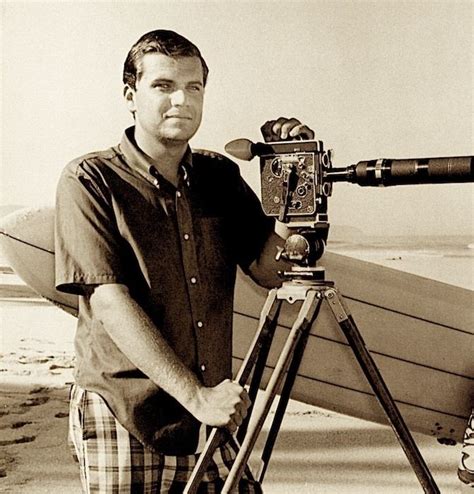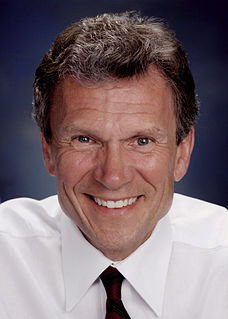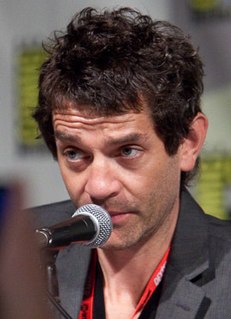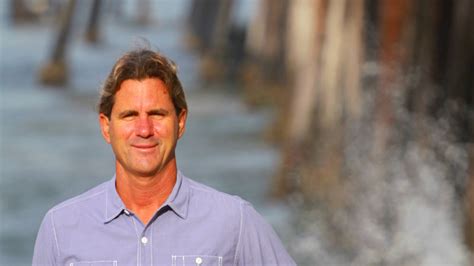A Quote by George Monbiot
For many years, wildlife film-making has presented a pristine living world. It has created an impression of security and abundance, even in places afflicted by cascading ecological collapse.
Related Quotes
We see a world of abundance, not limits. In the midst of a great deal of talk about reducing the human ecological footprint, we offer a different vision. What if humans designed products and systems that celebrate an abundance of human creativity, culture, and productivity? That are so intelligent and safe, our species leaves an ecological footprint to delight in, not lament?
I'm living in a world that was created a hundred years ago with vaudeville and people traveling around and medicine shows and things and making live music on stage and I'm still doing that. I like it that way. I like to present something to people that's had 40 years of being honed and perfected. It's something that you're not going to find with an artist who's been around for two or three years, or even ten years.
In most of the world, we have only small remnants of the wildlife that once existed. Africa has the most astonishing wildlife still. Now Africa is modernizing. In the next twenty years, Africa is modernizing economically, and one of two things is going to happen. Either Africa will be just like the rest of the world and it's say goodbye to wildlife. Or, we can learn from the mistakes made in the rest of the world.
With the RED, I didn't have this impression at all. I felt that it was as heavy as a film camera. Having this great crew, with the DP and his assistants, I found it making as much of an impression as a very big film camera. I didn't relate to it as much. I remember avoiding it during the shooting rather than paying attention to it.
You know, what I didn't know was how many people in the tech world the original movie had such an impression on. That's really interesting to me because a lot of the people who created this technological revolution that we're all living through were kids when Tron came out, and they saw Tron and it impacted them.





